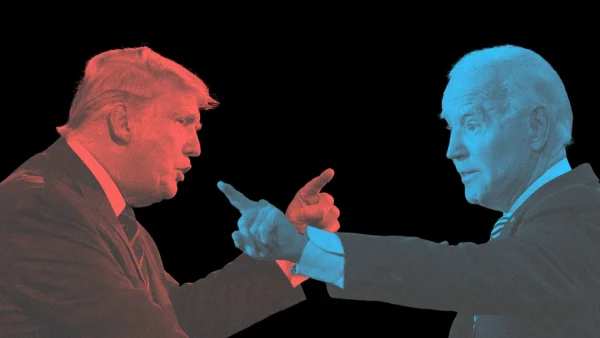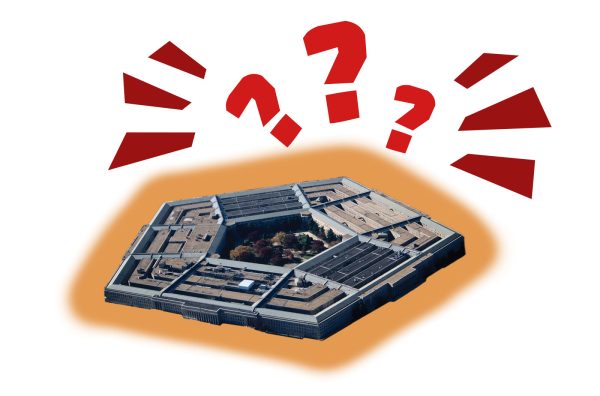The Supreme Court Started a New Term, and Here’s What’s on the Docket
The Justices have re-entered their velvet-lined room, and trust me, you should care.
A new term for the United States Supreme Court begins on the first Monday in October, which this year fell on Oct. 4, 2021. This term is significant for many reasons, the first of which being that the Supreme Court is convening in-person for the first occasion since March 2020. Secondly, Justice Amy Coney Barrett is now present in the seat once occupied by Justice Ruth Bader Ginsberg, who passed away on Sept. 18, 2020. In the upcoming term, the Justices are expected to hear and discuss some of the most controversial issues facing the American public today.
It can be draining, wading through political articles and jargon to figure out just what these major issues are, so to make it easy, here are the four important cases and concerns that the Supreme Court is expected to hear in this term.
Abortion
A fundamental issue that will be on the docket is Roe v. Wade, which will be addressed in a Mississippi bill that the Justices are expected to begin discussing on Dec. 1. While Texas has been a hot topic of discussion since its successful passing of Senate Bill 8, which gives individuals the right to sue abortion providers, the Mississippi Abortion Bill has been in anticipation of reaching the Supreme Court since 2018. Banning abortions after 15 weeks, the bill was quickly declared in conflict with Roe v. Wade, and just how conflicting it is will be proven once it is brought to the Supreme Court.
The Second Amendment
On Nov. 3, the Supreme Court will hear New York State Rifle & Pistol Association Inc. v. Bruen, a New York state law that allows citizens to carry a concealed handgun if they have a “proper cause” to obtain a license. This law has been markedly in conflict with the Second Amendment, and discussing this case in court is likely to result in a new examination of the Amendment and its scope.
Religious Liberty
School vouchers are funds given to parents who live in rural areas and enable them to choose to send their children to private school. Though vouchers are opposed by people who wish to strengthen the public school system, the issue the Supreme Court will be analyzing is that of religious liberty. In July 2020, in a Montana case, the Supreme Court ruled that states cannot restrict funds for religiously affiliated private schools, but the case that will be heard on Dec. 8 is directly concerned with what was ruled in Montana.
David and Amy Carson have been denied tuition assistance by Maine because the private school they chose was religious, which does not meet Maine’s requirements. In conflict with the First Amendment, the Supreme Court will hear this case and explore religion in the school system.
Religious liberty is also being addressed in a death penalty case, where John Henry Ramirez has been denied a spiritual advisor during his death sentence. Ramirez was sentenced to death for the killing of Pablo Castro in 2004 in Corpus Christi, Texas. The Texas Department of Criminal Justice allows a spiritual advisor to be present in the room but does not allow the advisor to pray out loud with Ramirez. Ramiez’s lawyer is bringing the case to the Supreme Court on Nov. 1 to argue for religious liberty.
Judicial Veto over Federal Policy
Administrative policies and laws are not in the hands of the executive and instead are entrusted to the agencies themselves, such as the Environmental Protection Agency and Food and Drug Administration. In a new case, American Hospital Association v. Becerra, the Supreme Court will be reviewing a 2017 regulation that allowed Medicare to reimburse hospitals that purchase drugs at a discounted rate.
The Supreme Court will be addressing the leniency that federal agencies have with policy since it is not influenced by Congressional thought or opinion. This then limits the Executive’s power to initiate change. This case may see a change in judicial scope, giving the court the power to veto federal policies in the same way the court can veto federal law.
The new term for the Supreme Court is expected to take on many controversial and influential cases, but that is not the only reason this new session is unique. More than ever, it feels like the judiciary has not upheld the Constitutional promise of impartial judges, and instead, a 6-3 division has been identified. The time to care is now, and keeping up with politics and the court’s rulings is a solid way to do it.
Your donation will support the student journalists of Saint Louis University. Your contribution will help us cover our annual website hosting costs.











Jasmine thompson • Nov 10, 2021 at 10:39 am
Great article, extremely well-written and informative. A little confused as to why it’s labeled an opinion piece since it just explains upcoming Supreme Court issues, but I assume the labeling was just a mistake by the editor.